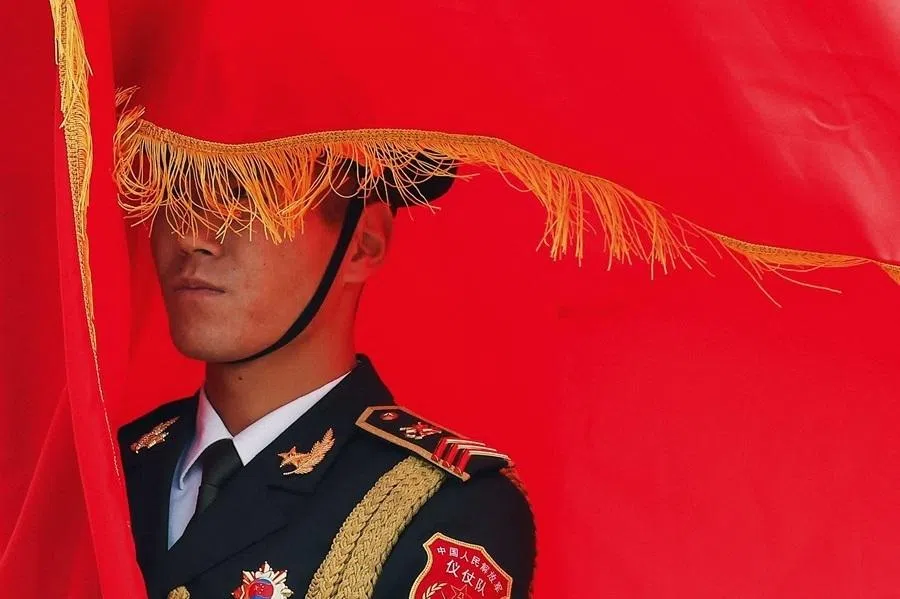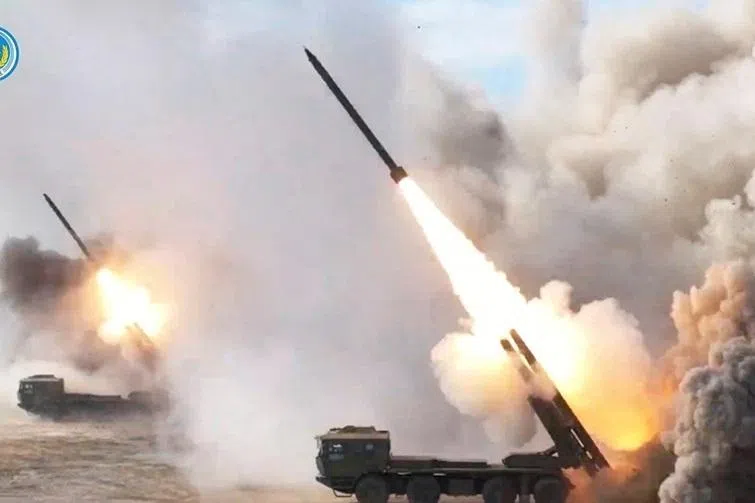180 years later, China is still an outsider to the Western-led world order
The West has been setting up new rules and regulations targeting China's economic system, which they regard as a non-market economy that could undermine the proper functioning of international trade. These rules and regulations are formulated through international organisations, multilateral and bilateral trade agreements, and even as unilateral domestic laws. However, Chinese academic Zhu Ying says China is not buckling under pressure as its market economy is a mere means for China's economic development, and not the end goal of its economic system.
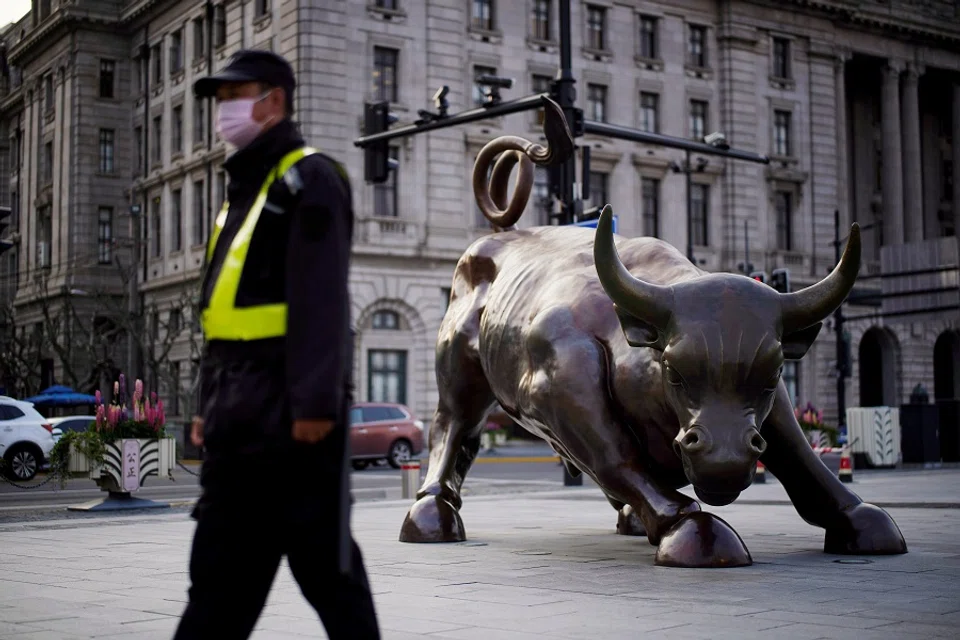
15 June 2020 is an important date in the World Trade Organization (WTO) dispute that China filed against the US and the EU for using the surrogate country approach in anti-dumping investigations.*
China still a non-market economy?
China filed a dispute on 12 December 2016. In March 2017, China requested the WTO to set up a panel of experts to adjudicate the case in accordance with the rules. On 17 June 2019, China suspended the litigation. According to relevant WTO rules and regulations, the panel's mandate expires 12 months after the work of the panel has been suspended. In other words, China's WTO dispute automatically lapsed when China failed to request the expert panel to resume work on 15 June 2020.
That the dust has settled on this dispute means that the US and the EU can continue using the surrogate country approach in their anti-dumping investigations against China. Specifically, they can use a third country's domestic market prices as a benchmark to determine if there is dumping, which as described on the WTO website, is "when the price of a product, when sold in the importing country, is less than the price of that product in the market of the exporting country". It also implies that China is still a non-market economy country on anti-dumping matters.
Not only do the US and the EU consider China a non-market economy country on anti-dumping issues, they feel the same about its economic system and consider it a form of "state capitalism".
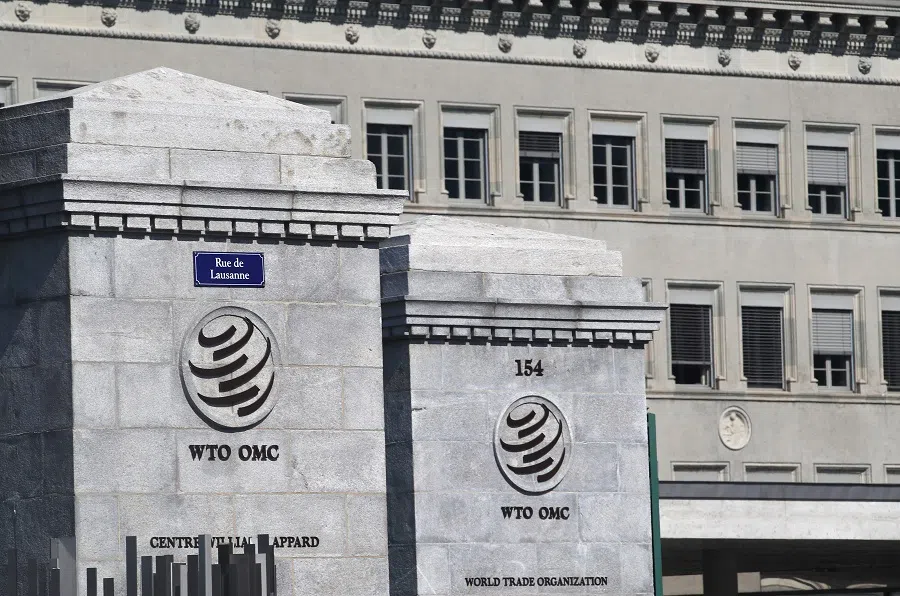
New rules targeted at China's economic model
China's external economic environment has been deteriorating since 2016. Not only do the US and the EU consider China a non-market economy country on anti-dumping issues, they feel the same about its economic system and consider it a form of "state capitalism". To regard China's economic system as a non-market economy brings serious consequences, more so than anti-dumping matters, as the US and the EU are preparing a series of economic rules targeted at China's non-market economy.
First, the US, the EU and Japan are preparing a set of international rules and regulations for non-market economies in multilateral fields. Since 2017, these three parties have released numerous joint statements on the negotiations of new international economic rules that tackle non-market-oriented policies and practices.
In the third joint statement released by the US, the EU and Japan on 31 May 2018, all three partners clearly stated in the annex that non-market-oriented policies and practices "lead to severe overcapacity, create unfair competitive conditions for our workers and businesses, hinder the development and use of innovative technologies, and undermine the proper functioning of international trade, including where existing rules are not effective".
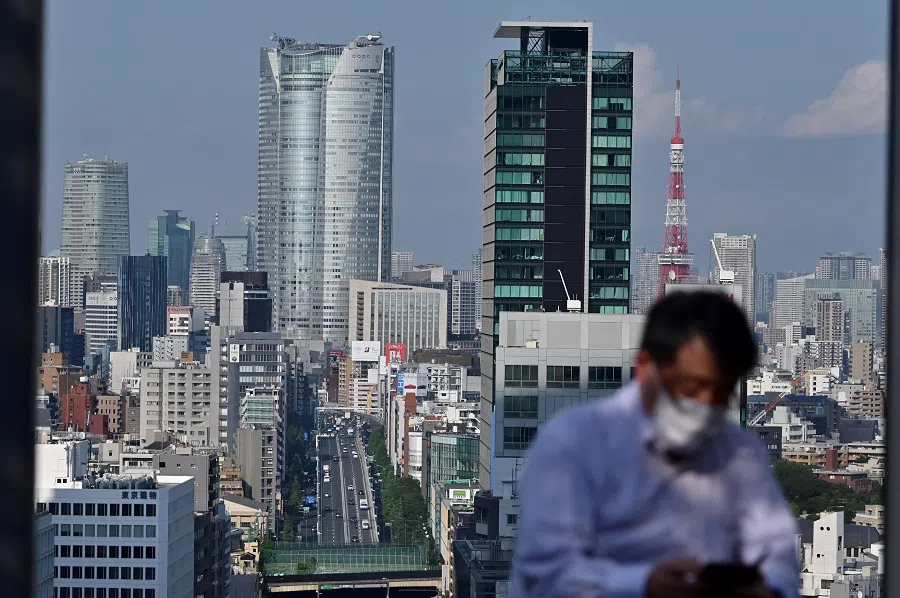
On 20 February 2020, the US circulated a draft General Council decision titled "The Importance of Market-Oriented Conditions to the World Trading System" at the WTO. It urged the WTO General Council to endorse the draft decision which includes eight elements that "indicate and are important so that market-oriented conditions exist for market participants".
In these two agreements, the rules formulated for state-owned enterprises have all targeted the operating characteristics of Chinese state-owned enterprises.
Elements such as "decisions of enterprises on prices, costs, inputs, purchases, and sales are freely determined and made in response to market signals", "prices of capital, labour, technology, and other factors are market-determined", "capital allocation decisions of or affecting enterprises are freely determined and made in response to market signals", "enterprises are able to freely access relevant information on which to base their business decisions", and "there is no significant government interference in enterprise business decisions described above", clearly target the economic model espoused by the Chinese government.
Non-WTO means to set the rules
In its current state, the WTO can no longer formulate new international economic rules. The US and the EU are both making use of free trade agreements to form new international economic rules such as in the Comprehensive and Progressive Agreement for Trans-Pacific Partnership (CPTPP) that originated from the proposed Trans-Pacific Partnership (TPP) that included the US; as well as the United States-Mexico-Canada Agreement (USMCA), which is a successor to the North American Free Trade Agreement (NAFTA).
In these two agreements, the rules formulated for state-owned enterprises have all targeted the operating characteristics of Chinese state-owned enterprises.

For example, the USMCA includes the prohibition of "non-commercial assistance" to state-owned enterprises "primarily engaged in the production or sale of goods other than electricity". For instance, it is prohibited for non-commercial assistance to be provided by "a Party or a state enterprise or state-owned enterprise of a Party to a state-owned enterprise of that Party, in circumstances where the recipient is insolvent or on the brink of insolvency, without a credible restructuring plan designed to return the state-owned enterprise within a reasonable period of time to long-term viability".
On the former issue of equal opportunities, the Chinese government refused to reduce the importance of state-funded enterprises; neither did it want to reduce the amount of subsidies.
Second, the US and the EU are setting up rules that target China's non-market economy through bilateral and unilateral means. The negotiations over China-US and China-EU bilateral investment treaties are ways in which the US and the EU attempt to restrict China's non-market economy practices. China's reluctance to accept the economic rules imposed by the US and the EU is a key reason why negotiations on the two agreements have remained stalled until today.
The 29th round of negotiations on a China-EU bilateral investment treaty on 29 May was again inconclusive. During the negotiations, both sides were most divided in the areas of equal opportunities and market access. On the former issue of equal opportunities, the Chinese government refused to reduce the importance of state-funded enterprises; neither did it want to reduce the amount of subsidies. On the latter issue of market access, the EU wanted to discuss the Chinese government's cumbersome regulations and social credit system which are problems that hinder foreign enterprises from entering the Chinese market.
The white paper was released to help European enterprises better handle unfair practices of foreign and Chinese enterprises in particular, and to develop new policy tools to ensure that foreign enterprises enjoying state aid are competing with EU enterprises in the EU market on an equal footing.
Since the US and the EU are unable to sign free trade agreements or investment treaties with China, they have resorted to unilateral means to fight China. The US, for example, has made use of a series of domestic laws to challenge China's economic system. On the other hand, while the EU's approach to China is milder than the US's - EU member states would hardly approve of a harsh approach to China - it is gradually forming policies and measures against China's non-market economy.
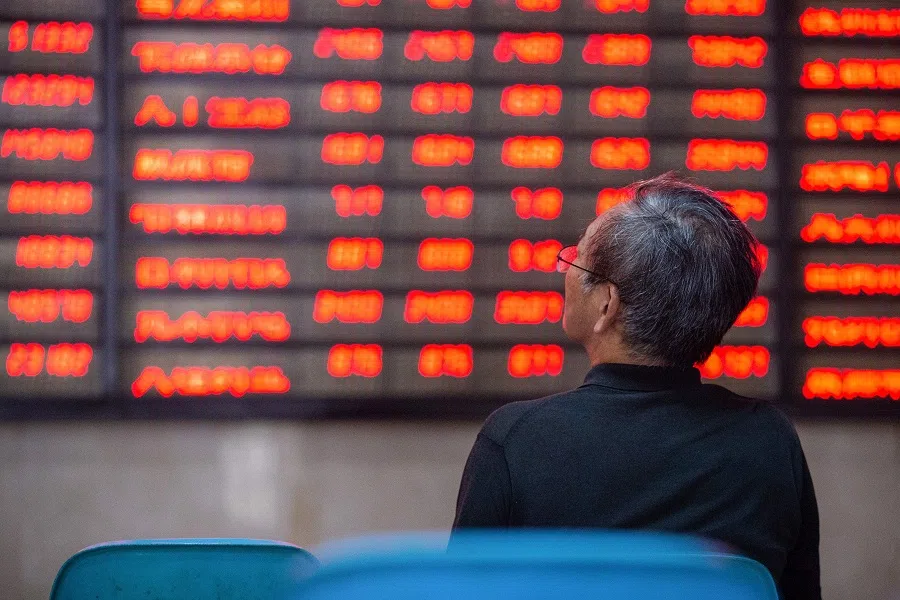
For example, the EU released a white paper on levelling the playing field regarding foreign subsidies on 17 June 2020. The white paper outlined "the rationale for addressing foreign subsidies, including typical examples of foreign subsidies that appear to undermine the level playing field in the internal market", presented an analysis of "the existing legal instruments to address foreign subsidies" and discussed "the question of a regulatory gap".
The white paper was released to help European enterprises better handle unfair practices of foreign and Chinese enterprises in particular, and to develop new policy tools to ensure that foreign enterprises enjoying state aid are competing with EU enterprises in the EU market on an equal footing. Should the EU design policies and measures according to this white paper, it would certainly cause frequent conflicts between China and the EU in the trade and investment fields. Before the China-US trade war even ends, the prospects of the trade and investment fields between China and the EU are already looking pessimistic.
...it (China) would never accept the innate tendencies of a market economy that opposes party leadership and advocates economic liberalisation.
Third, from China's perspective, under the banner of upholding socialism with Chinese characteristics, its insistence on a fundamental socialist economic system is showing no signs of letting up. The CCP laid out the following three systems that constitute its fundamental socialist economic system at the fourth plenary session of the party's 19th Central Committee: "Upholding the dominant role of the public sector and common development of economic entities under diverse forms of ownership; the distribution system whereby distribution according to labour is dominant and a variety of other modes of distribution exist alongside it; and the synergy between the socialist system and the market economy." An unspoken premise of this economic system is that it would be done under the leadership of the CCP.
China outside gates of Western-led world order
China's fundamental socialist economic system is different from the Western market economy system. China has also never declared that its path towards a market economy is shaped by the Western model - it can adopt practices from the Western model that are advantageous to its economic development, but it would never accept the innate tendencies of a market economy that opposes party leadership and advocates economic liberalisation. A market economy is a mere means for China's economic development and not the end goal of its economic system. Thus, China should not demand that Western countries recognise its economic model as one that is a market economy or not. It should just be confident in its system.
Wasn't the First Opium War of 1840 fought to open China's doors? 180 years later, China is still unable to enter the gates of a Western-led world order.
However, Western countries have always been dissatisfied with the degree of openness in China's socialist market economy. Speaking about the China-EU bilateral investment treaty on 20 January 2020, European Trade Commissioner Phil Hogan said the EU market is largely open and probably the most open in the world. This implies that China's market is not open. The 2020 edition of a business confidence survey released by the European Union Chamber of Commerce in China in June, suggests that European companies in China have yet to see comprehensive domestic market reforms.
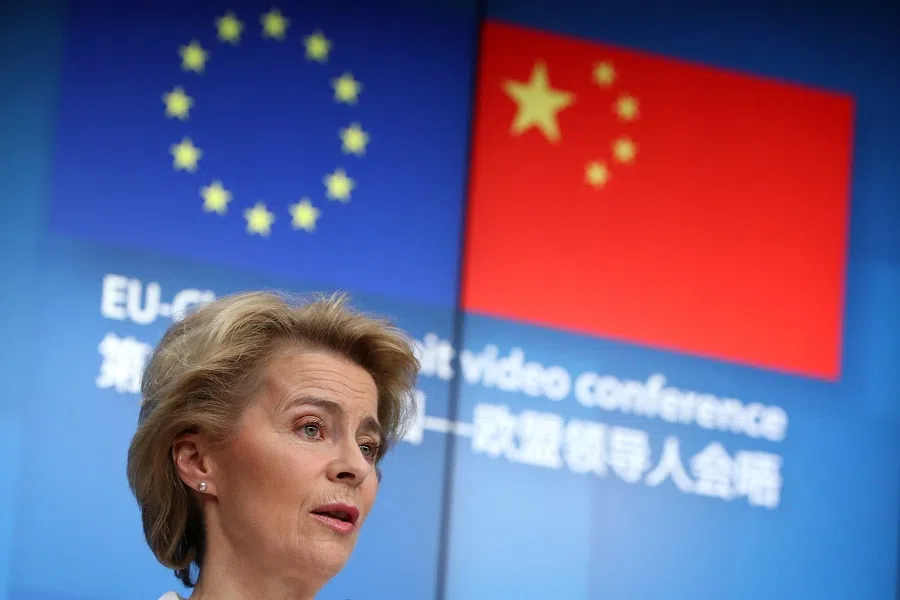
Speaking after the 22nd China-EU summit held via video conference on 22 June, European Commission President Ursula von der Leyen said there needs to be more ambition from the Chinese side to conclude the China-EU bilateral investment treaty by the end of 2020.
Wasn't the First Opium War of 1840 fought to open China's doors? 180 years later, China is still unable to enter the gates of a Western-led world order. Taking a look at Japan, Commodore Perry's "black ships" opened its doors and Japan was able to fully embrace Western civilisation whilst safeguarding traditional Eastern culture. China's attitude towards Western civilisation reflects the cultural traits underlying the Chinese system.
Editor's Note:
*The surrogate country method involves relying on third country data as a basis of comparison when determining anti-dumping measures against countries that are not considered market economies. As set out in Article 15(a)(ii) of the document of China's accession to the WTO: "The importing WTO Member may use a methodology that is not based on a strict comparison with domestic prices or costs in China if the producers under investigation cannot clearly show that market economy conditions prevail in the industry producing the like product with regard to manufacture, production and sale of that product." Further on in the document, it says that this provision expires 15 years after the date of accession. In China's case, this was 2016, during which China filed its dispute.
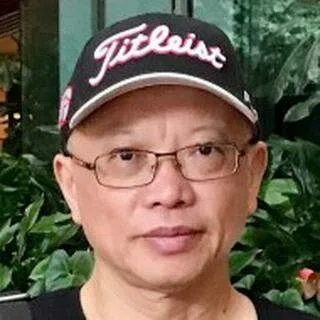


![[Big read] When the Arctic opens, what happens to Singapore?](https://cassette.sphdigital.com.sg/image/thinkchina/da65edebca34645c711c55e83e9877109b3c53847ebb1305573974651df1d13a)
